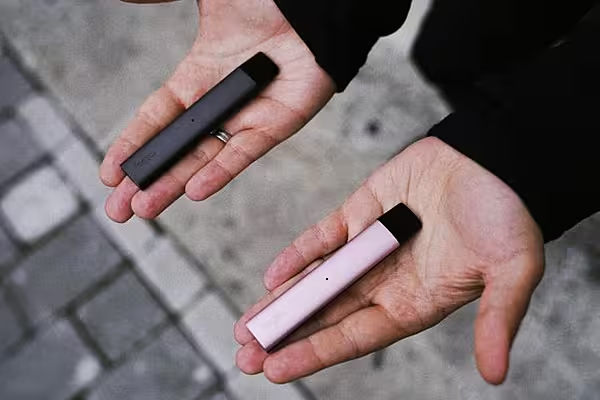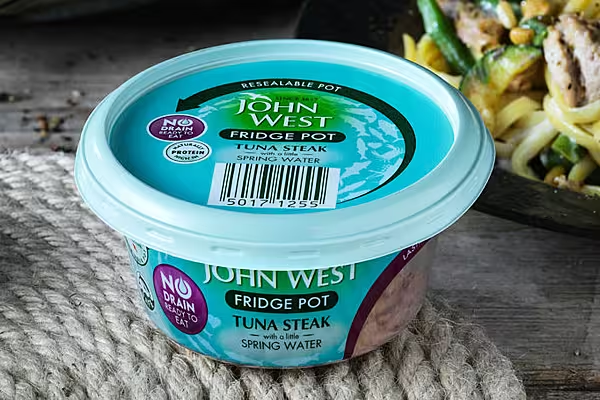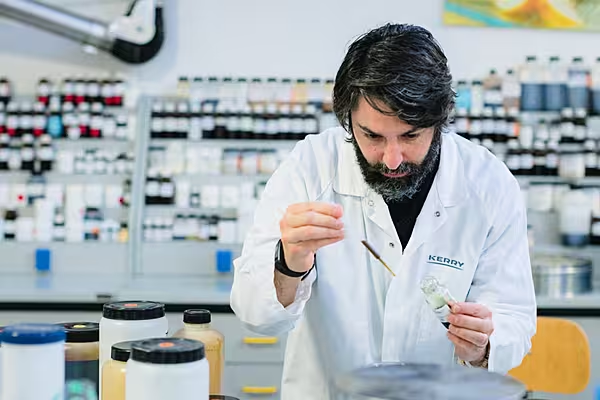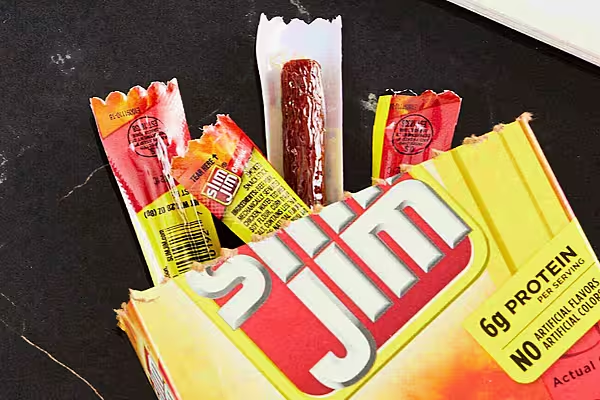US regulators are proposing to cap the amount of nicotine in cigarettes at non-addictive levels, in a potential world-first that could curb smoking and hit tobacco industry earnings.
The US Food and Drug Administration (FDA), which regulates products containing nicotine, a highly addictive drug, first raised the idea of such a cap in 2018.
It said this would save lives by preventing smoking-related disease and death, by taking away the chemical that keeps smokers hooked.
On Wednesday, it proposed capping the level of nicotine at 0.7 milligrams per gram of tobacco in cigarettes and other combustible tobacco products, such as cigars and roll your own tobacco.
Alternatives like vapes, nicotine pouches and heated tobacco would not be affected by the cap.
That would mean cigarettes would no longer deliver the nicotine hit desired by many smokers, encouraging them to quit or switch to alternatives, while young people could be less likely to take up smoking in the first place.
'An Important Conversation'
"This proposal allows for the start of an important conversation about how we meaningfully tackle one of the deadliest consumer products in history and profoundly change the landscape of tobacco product use in the United States," said FDA Center for Tobacco Products director Brian King.
The agency's modelling predicted such a rule could prevent 48 million youth or young adults from starting smoking, and more than 12.9 million people who smoke would give up within one year of it coming into effect. That would rise to 19.5 million within five years, it said.
That would threaten the profit engine of large tobacco companies like British American Tobacco and Marlboro-maker Altria. While they are growing sales from alternatives like vapes, the vast majority of their revenues still come from tobacco.
They did not immediately respond to a request for comment.
The FDA's proposal is "truly game-changing", said Yolanda Richardson, President and CEO of the Campaign for Tobacco-Free Kids, urging President-elect Donald Trump to finalise and implement the rule. He takes office on 20 January.
The public will have until September to provide comments on the proposal, the FDA said.











